Has your care been disrupted? The massive February 21 cyberattack on the little-known Change Healthcare, owned by UnitedHealth Group (UHG), has “cut off many health-care organizations from the systems they rely on to transmit patients’ health care claims and get paid,” reports The Washington Post.
As this disruption continues to cost health providers as much as $1 billion per day and severely impacts delivery of care, the Biden administration has proposed $141 billion for cybersecurity in his 2025 budget and pressured UHG and others in a letter to pay providers. HHS Secretary Xavier Becerra adds a threat:
“If they don’t want the federal government to be part of that process as a partner, whether it’s through oversight or regulation, then they have to step up. They can’t just throw up their hands and say ‘well, we were cyberattacked and now we need to be bailed out.’”
Change Healthcare processes 15 billion claims totaling more than $1.5 trillion a year. It handles 50 percent of all medical claims in the United States, according to the Department of Justice in a 2022 lawsuit.
The health care sector is under siege. With health care making up 16.6% of GDP in 2022, these attacks aren’t just a nuisance – they are a serious threat to our wallets and our well-being.
While the financial losses are huge, the impact on patient care can be devastating. Imagine waiting weeks for an appointment or having vital medication or treatment delayed because a foreign entity or a group of hackers sabotaged the system. It’s not just inconvenient – it’s downright dangerous.
Six out of 10 health care organizations experienced a ransomware attack in the past year.
Cyberattacks have crippled some of the nation’s largest health care providers, hospitals, and insurance companies in recent months. Here are just a few examples:
- HCA Healthcare – 11,270,000 individuals affected
- Managed Care of North America – 8,861,076 individuals affected
- PharMerica Corporation – 5,815,591 individuals affected
Americans have been put in harm’s way by our elected officials. Forcing doctors and hospitals to digitize and put our data into online systems has left our health care infrastructure susceptible to exploitation by malicious actors foreign and domestic, including our enemies in China, Russia, and beyond.
Now, consider the proposed database in Iowa. A bill that’s moving forward proposes to create a centralized database to collect, share, and conduct research using the data of all Iowans. Concerned Iowa legislators contacted CCHF to get help stopping the bill, H.F. 2623. We’re also running a social media campaign to inform Iowa residents and encourage them to oppose it. Please like and share.
American lives have been made vulnerable by politicians. In violation of their oath and our constitutional rights, they have compromised our privacy, our personal safety, and our national security.
In these dangerous times, I encourage you to fight for freedom by fighting for the right to be free of digital tracking and cyberattacks that put you in harm’s way. That includes REAL ID. Do not get the federal REAL ID, the driver’s license with the star. It’s a national ID. Get a standard license.
In liberty,
Twila Brase, RN, PHN
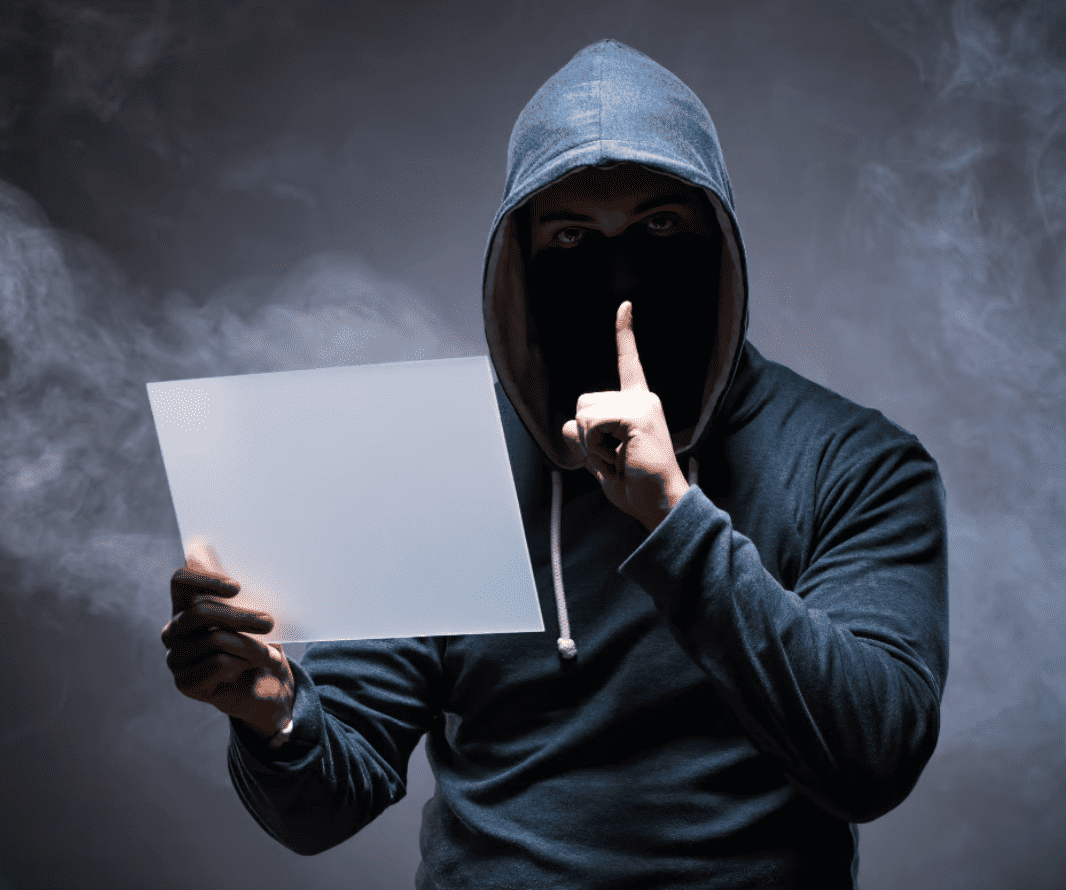



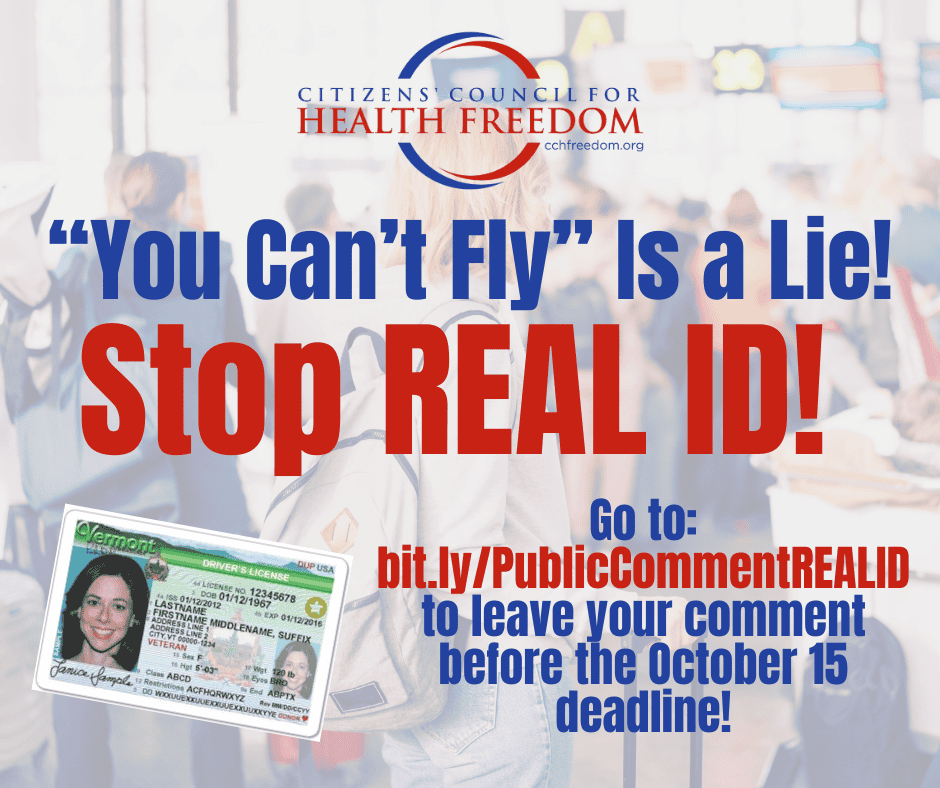

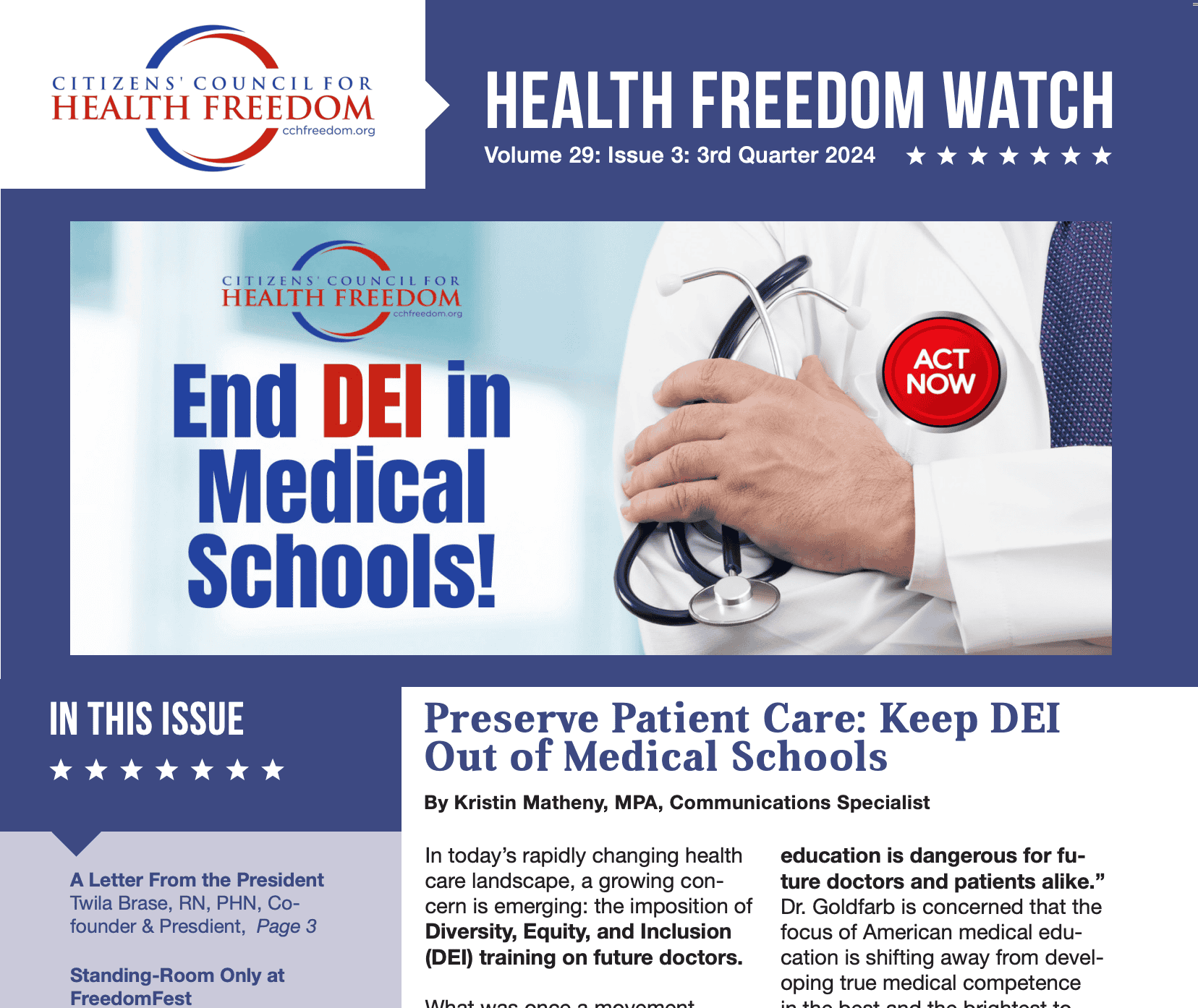
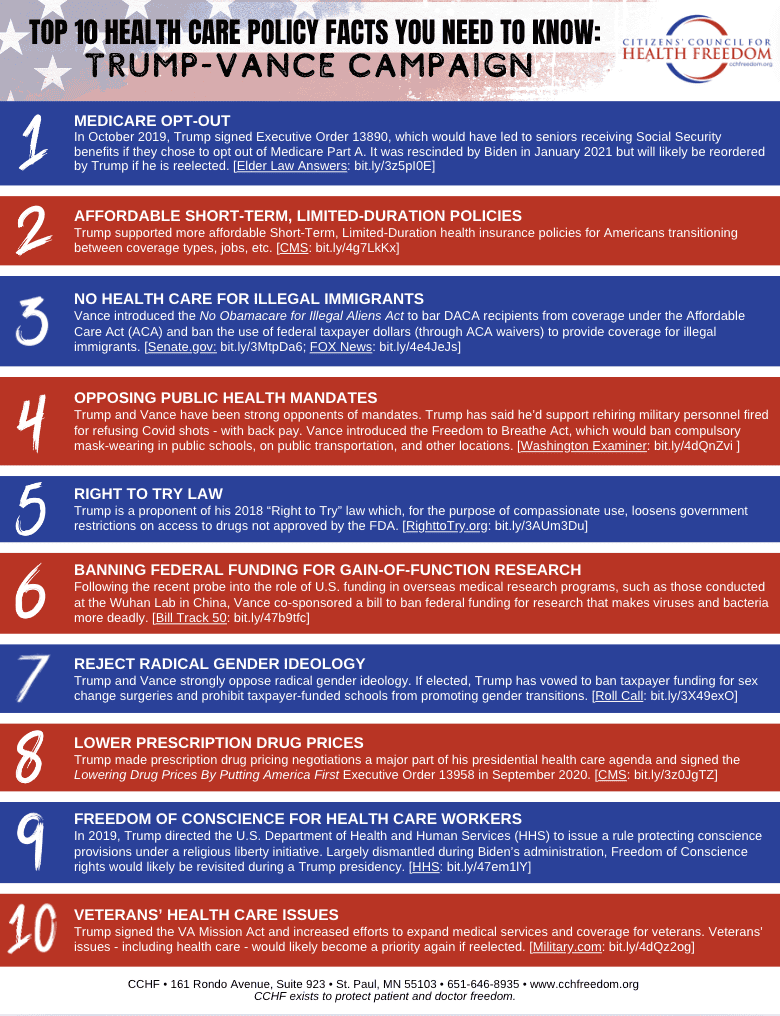

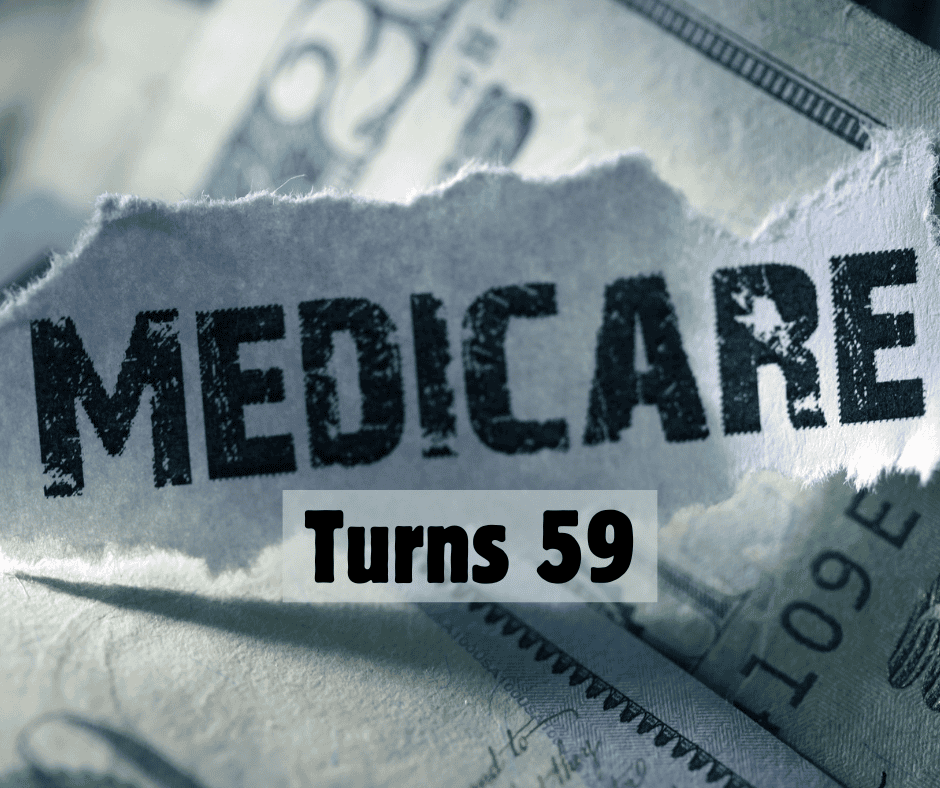
Make an Educated Choice